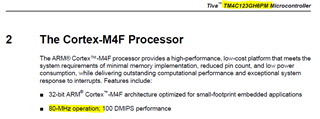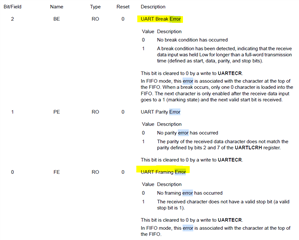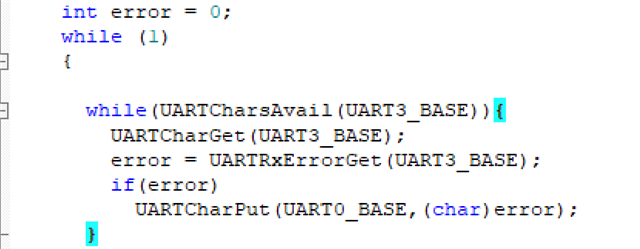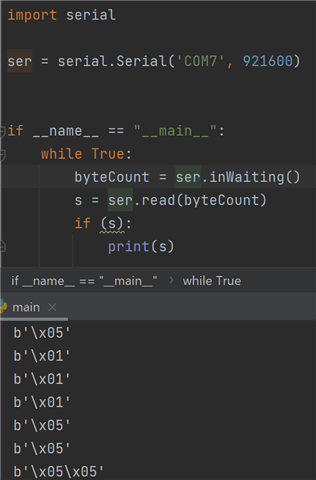Other Parts Discussed in Thread: IWR1642
Hello TI Team,
I am currently working on a project where I will be needing to stream data from an IWR1642 EVM to a TM4C123GXL over UART. Up to this point, I have tapped the AR_MSS_LOGGER pin on the 1642 and have confirmed with a logic analyzer that the data stream from this pin is at least similar to what I'm receiving thru a USB connection to my PC:
Logic Analyzer:

EVM to PC (USB):
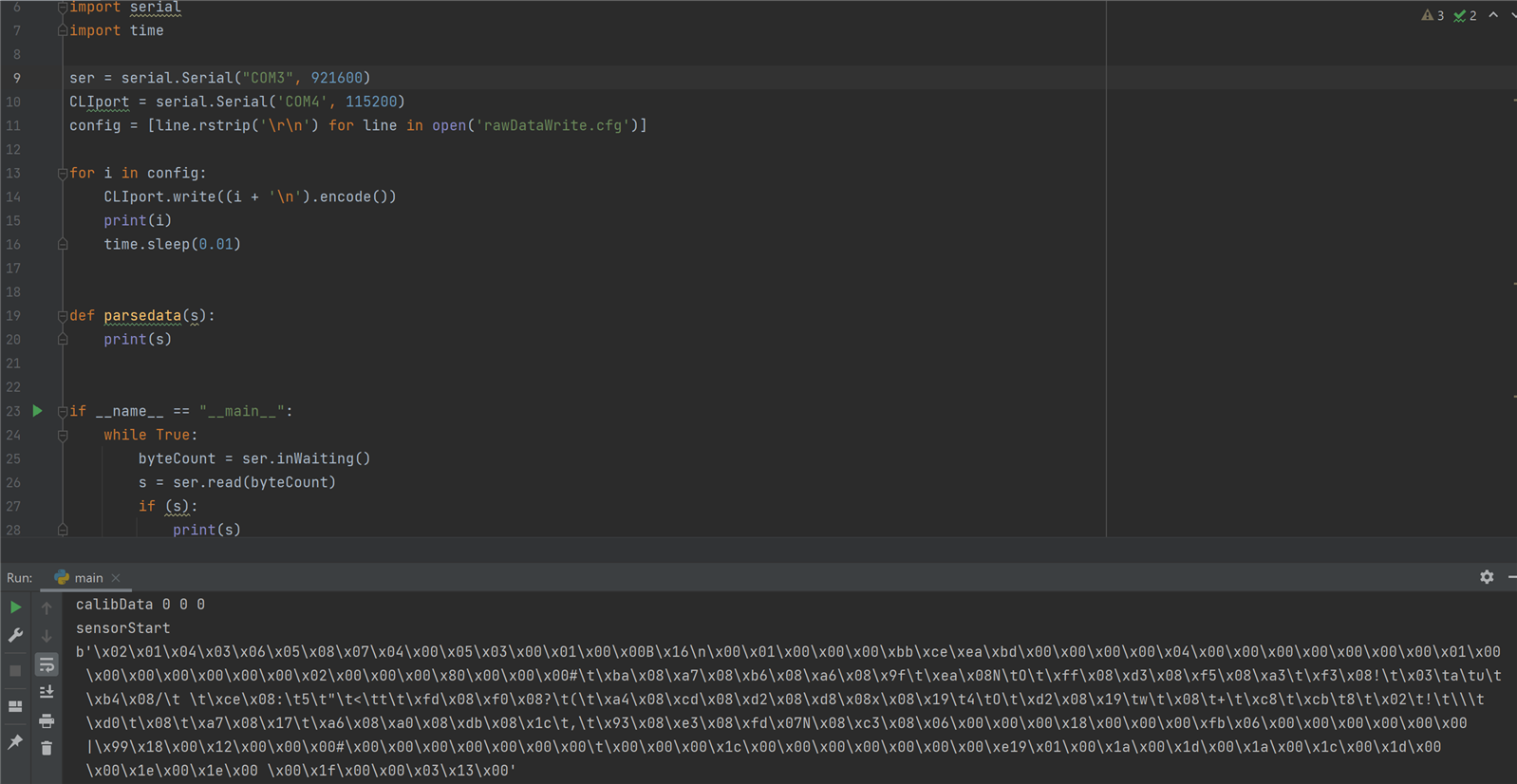
My current iteration of the code for the TM4C is based on Suyash Bagad's code from the related question here:
From this post, I changed my receiving pin from U2Rx PD6 to U3Rx PC6, though my issue has not yet been fixed.
My TM4C Code:
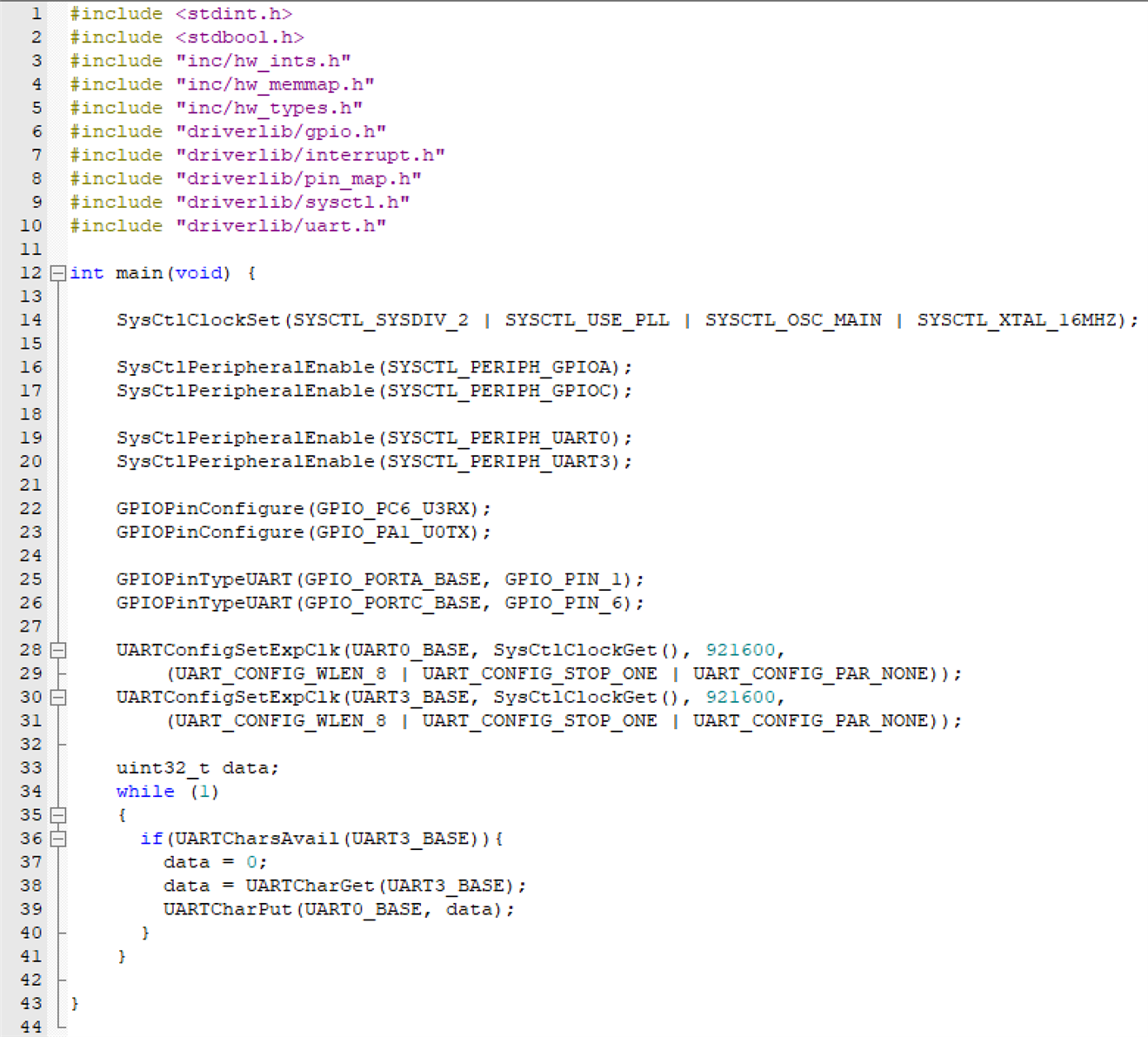
What I'm trying to do currently is get the data to stream from the EVM to the TM4C then to my PC to verify the data and begin to implement my parsing algorithm. The issue that I'm having is that I'm expecting my data to be in the format of the EVM to PC image. However, when trying to read the data from the TM4C I am neither getting the proper data nor format.
EVM to TM4C to PC:
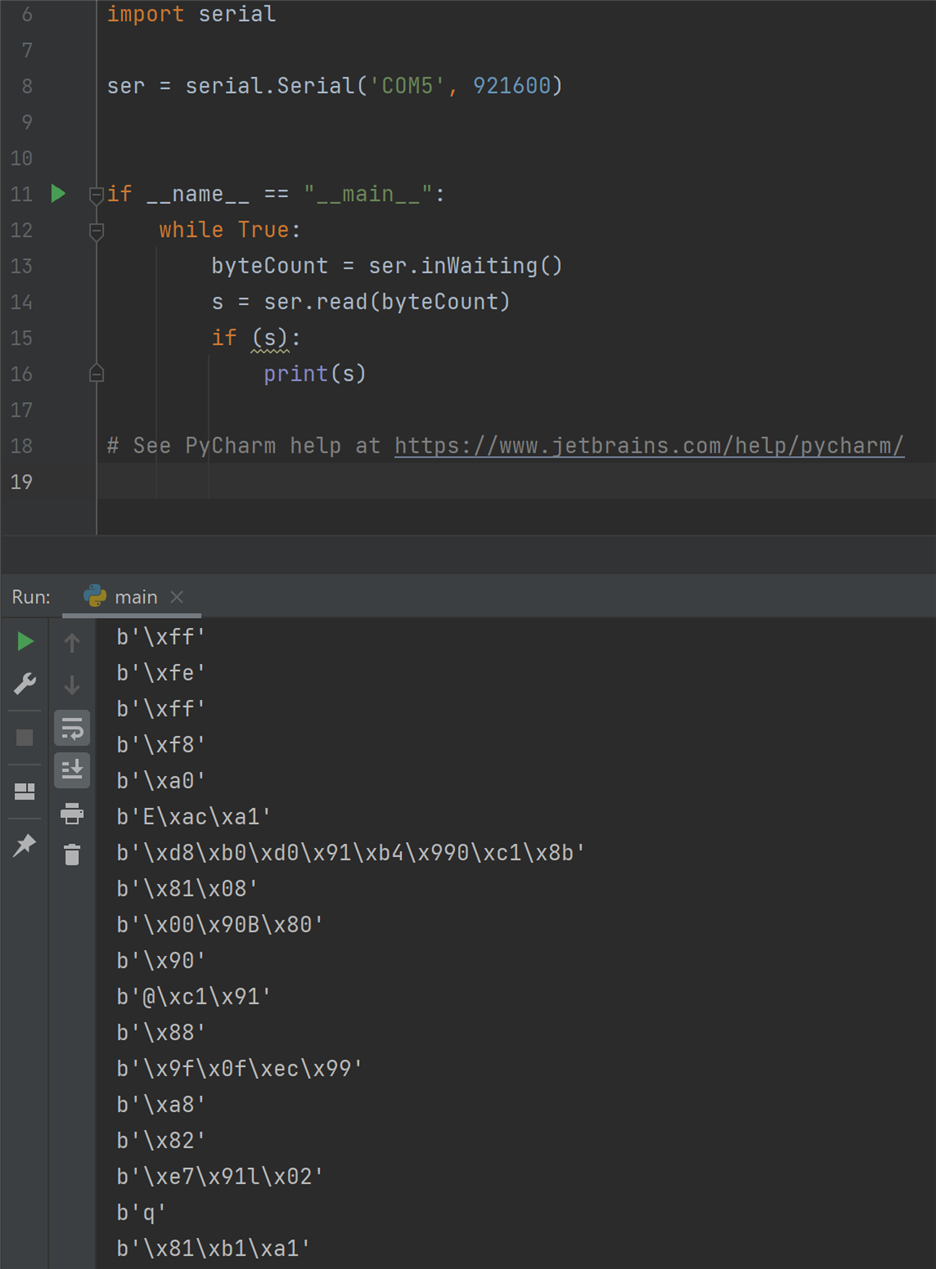
I'm assuming I'm overflowing the buffer but am not completely sure. If anybody could give me advice on where I'm going wrong I would greatly appreciate it.
Thanks!



